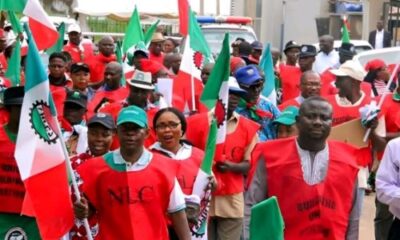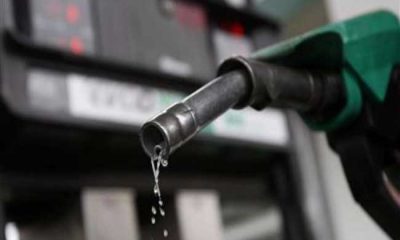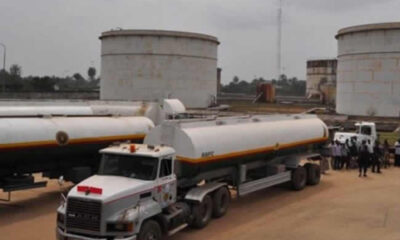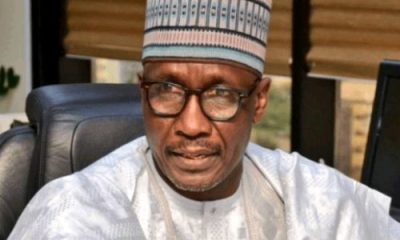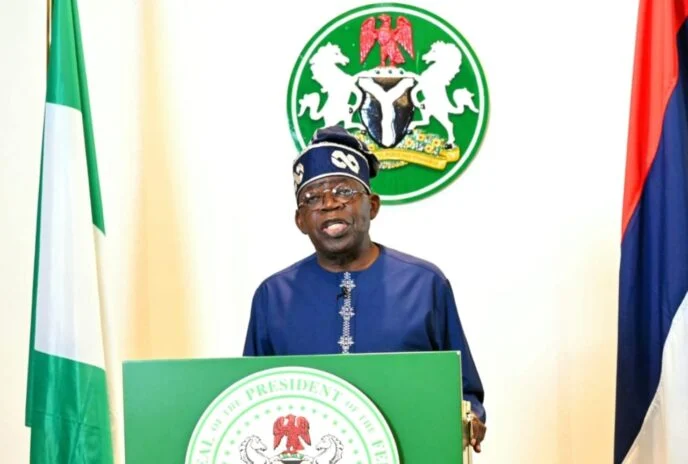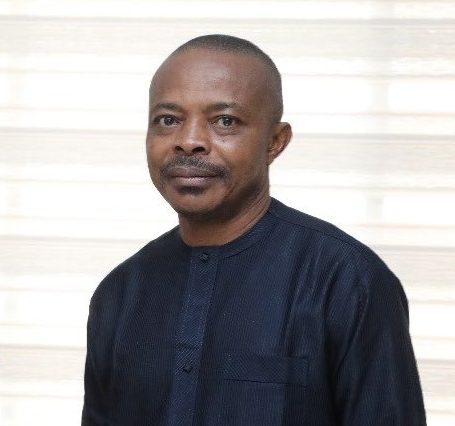The Nigeria Labour Congress has called for the withdrawal of the Tax Reform Bills submitted by President Bola Tinubu to the National Assembly, urging a more inclusive process involving key national stakeholders.
The union, in its New Year message to Nigerians on Tuesday, emphasised the need for the government to prioritise citizen welfare and address the rising cost of living in 2025.
The NLC President, Joe Ajaero, described the bills as controversial, particularly in northern regions, where they have been criticised as detrimental to economic growth.
He stated that creating a comprehensive national tax policy requires collaboration across all sectors to ensure transparency and acceptance.
In the statement titled ‘In 2025, hope is in our collective resolve’, the NLC urged the government to prioritise policies that improve access to “food”, “healthcare”, “housing”, “education”, “transportation”, and “security”.
It also called for enhanced worker welfare, stating that fulfilling these needs is fundamental to effective governance.
Ajaero emphasised the union’s commitment to negotiating an upward wage review to address the economic challenges faced by workers.
He stressed the need for compliance with the 2024 National Minimum Wage Act and pledged to engage the government in safeguarding workers’ welfare through fair wage adjustments.
The NLC also criticised the increasing use of force in interactions with unions, warning that such actions could disrupt industrial harmony.
“As we step into the year 2025, the Nigeria Labour Congress, NLC, extends warm New Year greetings to every worker and citizen across our great nation.
“The challenges of survival we have faced as a people must not hold us down. Instead, let us find inner strength to build a collective resolve to drive Nigeria out of the morass of underdevelopment that has held it captive for far too long.
“No external power will deliver us from the scourge of economic hardship and stagnation. It is only through our collective effort and determination that we can propel our nation forward,” the statement read.
It urged the government to engage in meaningful social dialogue and uphold agreements with trade unions to maintain peace in the labour sector.
Looking ahead, the NLC plans to host a national dialogue in Ibadan this January to foster collaboration on a new tax framework that supports national development.
The union expressed hope for constructive engagement with social partners to build a more inclusive and prosperous Nigeria.
The statement added, “It is on this premise that we once again call on the federal government to withdraw its present tax bills before the National Assembly so that all key national stakeholders will be part of the process.
“As we embark on a national dialogue in Ibadan in January 2025, we want to join hands in co-creating a new national tax law that would enjoy wider acceptance and fulfil its purpose of propelling national development which we believe is the main objective of government.
“As we move into 2025, we urge the federal government to prioritise industrial peace by taking social dialogue seriously, pursuing pro-human progress policies, and respecting agreements with trade unions.
“We insist that governments at all levels must comply with the provisions of the 2024 National Minimum Wage Act from the very beginning of the year. Furthermore, given the economic realities imposed by recent government policies, we shall engage the government for a wage review to safeguard workers’ welfare.”
The NLC reaffirmed its dedication to advocating for workers’ rights and ensuring that governance reflects the needs of citizens, urging unity and collective resolve to drive the country toward sustainable development.

 BIG STORY5 days ago
BIG STORY5 days ago
 BIG STORY2 days ago
BIG STORY2 days ago
 BIG STORY4 days ago
BIG STORY4 days ago
 BIG STORY2 days ago
BIG STORY2 days ago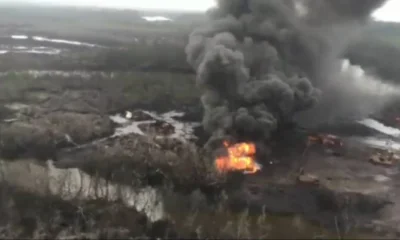
 BIG STORY2 days ago
BIG STORY2 days ago
 BIG STORY6 hours ago
BIG STORY6 hours ago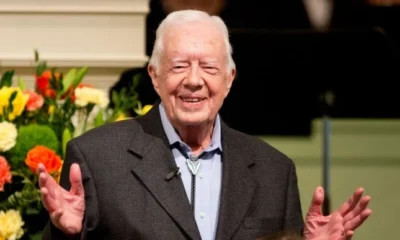
 BIG STORY2 days ago
BIG STORY2 days ago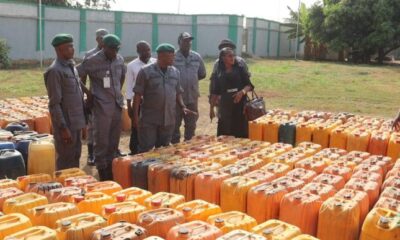
 BIG STORY2 days ago
BIG STORY2 days ago








